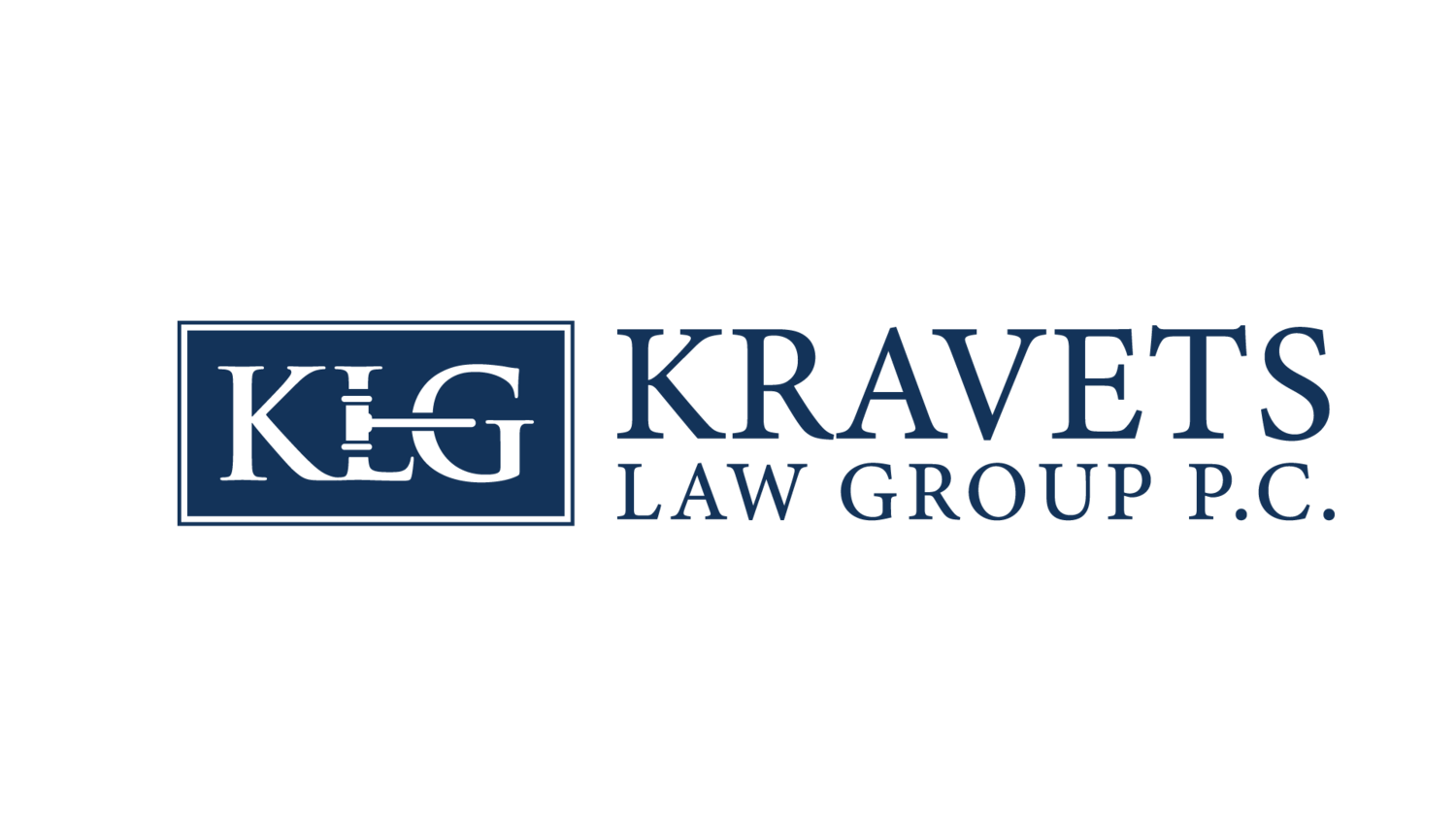Negotiating Real Estate Contracts: Key Considerations for Buyers, Sellers, and Investors
Real estate transactions can be complex, especially when it comes to negotiating contracts. Whether you are a buyer, seller, or investor, understanding the key considerations involved in negotiating a real estate contract is crucial. Here are some tips to help you negotiate a successful real estate contract:
Price and Payment Terms
The purchase price is one of the most important aspects of any real estate transaction. As a buyer, you want to make sure that you are paying a fair price for the property. As a seller, you want to ensure that you are receiving fair compensation for your property. As an investor, you want to make sure that the property is a good investment and that the purchase price is in line with market values. An experienced real estate agent can provide valuable insights and help you ensure that the price and payment terms are fair and beneficial to you.
Contingencies
Contingencies are conditions that must be met before the sale of the property can be finalized. Examples of contingencies include obtaining financing, completing a home inspection, or obtaining a satisfactory appraisal. Understanding the contingencies in the contract and how they may impact the transaction is essential. Both your real estate agent and attorney should walk you through which contingencies are most beneficial to you in each unique transaction.
Disclosure Obligations
Sellers have a duty to disclose any known defects or issues with the property. As a buyer, it is important to thoroughly review the seller's disclosure statement and to conduct a home inspection to identify any potential issues. If there are any undisclosed issues or defects with the property, you may be able to negotiate a lower purchase price or request that the seller make necessary repairs.
Repairs and Improvements
When negotiating a real estate contract, it is essential to consider repairs and improvements that need to be made to the property. As a buyer or investor, you may be responsible for making these repairs or improvements if you do not negotiate with the seller’s attorney. After an inspection, it is important to negotiate which repairs or costs the seller is responsible for and what the timeline for completion will be.
Closing Costs
Closing costs are the fees and expenses associated with the sale of a property. These costs can include appraisal fees, title insurance, and attorney fees. It is important to negotiate who will pay for these costs, as they can add up to a significant amount of money. In Illinois, real estate attorneys are responsible for reviewing and negotiating the closing costs to ensure that their clients are not bearing an undue burden.
In conclusion, a real estate transaction can be an extensive process with many moving parts. It is important to work with an experienced real estate attorney who can help you understand the terms of the contract and negotiate on your behalf. Whether you are a buyer, seller, or investor, having an attorney by your side can help you achieve your goals and protect your interests. If you are buying, selling, or investing in a home in Illinois, Pennsylvania, or New Jersey, contact the Kravets Law Group for a free consultation.

